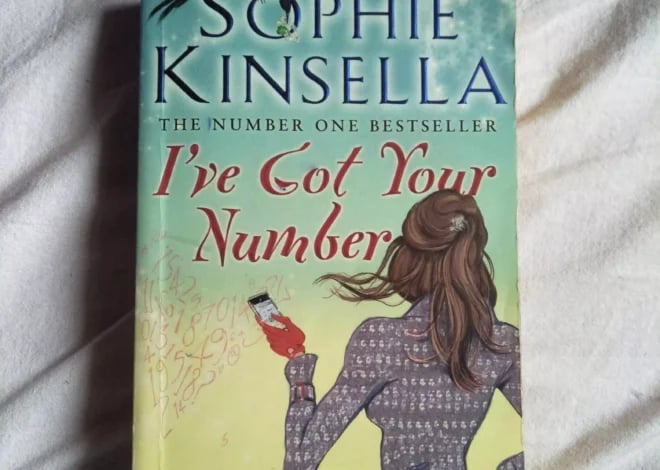
I want to die but I want to eat tteokbokki | Book Review
Sometimes you feel low and pessimistic about life. Sometimes you feel you are not good enough. It is normal to feel that way from time to time but what happens when that feeling tends to linger for days, months and even years? ‘I want to die but I want to eat tteokbokki’ is an account of a girl who wasn’t extremely ill but still her feelings didn’t feel normal either. The author is Baek Sehee. Her work has been translated into English from the original Korean by Anton Hur.
If anyone has ever suffered from mild depression they would know that you can seem extremely normal while suffering deeply within. Day-to-day tasks are taken care of but they are very difficult to carry out. It’s even worse that these people will take a long time to realise that they are suffering. The writer aimed to reach these people in an attempt to let them know that they aren’t alone. She succeeded in doing so.
‘Emotions have something like passageways, and if you keep blocking your bad emotions, you end up blocking your good emotions as well.’
My thoughts on ‘I want to die but I want to eat tteokbokki’
It’s a well-written book that tells us the story of Baek Sehee. Baek Sahee suffered from dysthymia, a minor form of depression. The writer gave us a peek into the therapy sessions that she had recorded as she proceeded. The dialogue gives us an idea about how therapy sessions go about and what to expect from them. How a therapist works with you to decode your thinking patterns and help build better ones. It also includes a chapter about the side effects of her medication.
In my opinion, if anyone wishes to try out therapy but is anxious about the process then this book is the perfect book for them. It puts you at ease about getting therapy. Through its rich narrative, it also points out and explains some issues that the writer might be having and the readers might be able to associate with themselves.
One tends to sympathize with the writer through her challenges. This book will make people understand those who suffer from mental health issues and as a result, fill them with more empathy.
This book isn’t however a substitute for therapy and neither is it designed as a self-help book. It narrates a process and does not even have a proper ending, which is expected from a book of such a nature.
‘When you’re having a hard time, it’s natural to feel like you’re having the hardest time in the world. And it’s not selfish to feel that way.’
Positive points
The writer wished to reach and soothe people like her who felt alone in their mental health journeys. She has managed to accomplish that in this book for sure. It however cannot be used as a self-help book as the narrative is very personalized and the path the therapy takes is tailored for her.
The book highlights the fact that therapy is not a linear but a back-and-forth journey. There are days you will feel completely okay and there are days where you have to start all over again. Through it all you have to be compassionate towards yourself. There has to be a will to change and a hope that you will get better.
Drawbacks
I need to say it…it would have been so much better had the book been a little more of the self-help type. Especially when such a claim has already been made in the synopsis. There are some points of advice however they aren’t too clear.


